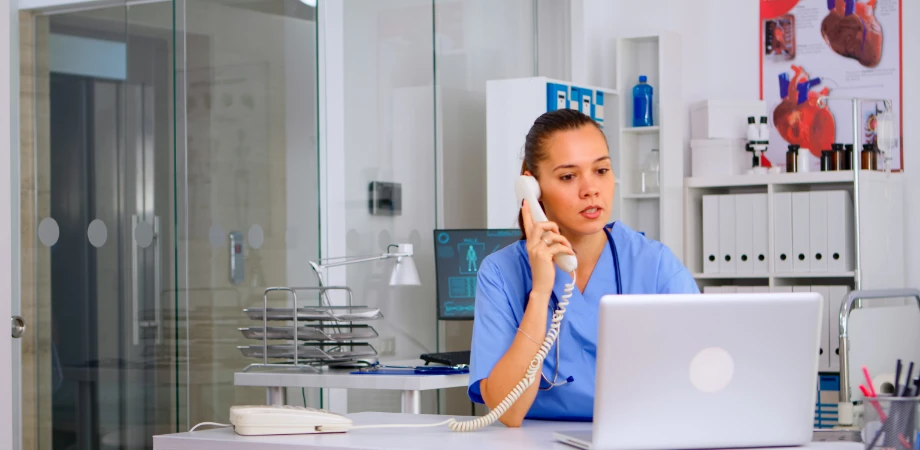The Health Insurance Portability and Accountability Act of 1996 (HIPAA) is a law that was passed to help protect patients’ sensitive medical information from being divulged without their knowledge or consent. Among other reasons, this law was put in place to guarantee that patients’ privacy would be protected at all times. HIPAA requires healthcare providers and other key players in the healthcare industry to follow certain protocols to safeguard patient data.
We can all agree that HIPAA is necessary — no one wants their medical information to be shared or discussed without their knowledge, especially because this information is something that most of us would prefer to keep private. However, it’s also true that the protocols can be confusing at times, and even a small, thoughtless mistake could lead to serious legal ramifications.
As a result, it’s important to ensure that everyone that handles patient information in their day-to-day work knows exactly how to follow HIPAA regulations. This requires training in order to reduce the risk of liabilities and accidental information breaches.
Does HIPAA only apply to medical insurance carriers?
HIPAA doesn’t apply to healthcare providers exclusively, since there is a complex network of workers who typically handle patient information from the moment they have an emergency, to the time they’re discharged. This process includes communicating with their insurance company, handling bills, gathering information about copays, and keeping a record of all the relevant transactions, amongst other common steps.
Sensitive medical information is usually exchanged during many of these steps, and even if medical insurance companies aren’t directly involved in the healthcare process, it’s still important to keep this data secure. As a result, HIPAA regulations also apply to insurance providers while handling private medical information.
But since there are so many small steps that must be completed to handle each patient’s case, it’s no surprise that following HIPAA correctly can be a confusing task for medical insurance companies.
To protect your company and your clients’ information, it’s very important to make sure that every member of your staff knows how to follow HIPAA protocols. This also applies to any services you may outsource to handle any part of your operations — especially those answering your phone calls.
The benefits of a HIPAA-compliant answering service
There are many great things that a virtual answering service can do for your medical insurance company, but you need to make sure to choose the right one. A high quality answering service will connect you with professional operators who have been trained in different protocols to ensure that your clients’ information will be kept safe.
When patient information is relayed through an answering service, confidential information is secured, encrypted, and protected with strong passwords to guarantee its confidentiality. Additionally, remote call center operators know what to do if they ever encounter a potential data breach, and they will be able to report the situation and handle it correctly.
Virtual answering services also offer other features, such as automated reminders, lab result platforms, appointment scheduling, and general customer service assistance. These services can be very helpful to improve the workflow at your organization and allow your employees to work more effectively throughout the day, since they won’t have to worry about different tasks that are handled by the virtual answering service.
In addition to these benefits, a virtual call center can be set up to work around the clock, 24 hours a day, 365 days a year. This service can be a wonderful addition to any medical insurance company, because you won’t have to worry about taking phone calls after your office hours are done. In a sensitive field such as medical insurance, inquiries can come at any hour of the day or night — but thanks to a virtual answering service, you and your staff will get to rest without having to focus on customer service throughout the night or during holidays.
All of these features are performed by highly-skilled customer service operators who will ensure HIPAA compliance every step of the way. Even if you’re not there to supervise their work directly, you can be sure that your clients’ private medical information will remain private, and that your company won’t have to worry about HIPAA violations. Fortunately, you can achieve all this while still guaranteeing that your clients will receive high-quality customer service and guidance throughout the entire medical insurance process.


